Blockchain is a decentralized digital ledger technology that records transactions across multiple computers in a secure, transparent, and tamper-resistant manner. Each transaction is stored in a block linked to the previous one, forming a chain. This immutable chain ensures data integrity and enhances trust in transactions without the need for intermediaries.
Cryptocurrencies and Blockchain
Cryptocurrencies, like Bitcoin and Ethereum, utilize blockchain technology to enable secure peer-to-peer transactions. Blockchain’s decentralized nature eliminates the need for central authorities, making cryptocurrencies resistant to censorship and fraud.
Blockchain in Supply Chain Management
Blockchain’s transparency and traceability make it invaluable in supply chain management. It allows stakeholders to track goods from production to delivery, ensuring authenticity and reducing fraud. This transparency enhances efficiency, reduces costs, and improves trust among supply chain participants.
Smart Contracts and Blockchain
Smart contracts are self-executing contracts with the terms directly written into code. Blockchain’s decentralized architecture ensures that smart contracts are executed automatically and securely, without intermediaries. This technology streamlines processes, reduces delays, and minimizes the risk of fraud or manipulation.
Challenges and Opportunities in Blockchain Adoption
Despite its potential, blockchain adoption faces challenges such as scalability, regulatory uncertainty, and interoperability. However, opportunities abound in sectors like finance, healthcare, and voting systems, where blockchain can enhance security, efficiency, and transparency.
The Rise of 5G Technology
5G technology promises faster speeds, lower latency, and increased connectivity, revolutionizing communication and connectivity. It enables real-time data processing, enhances IoT capabilities, and supports emerging technologies like augmented reality (AR) and autonomous vehicles.
Conclusion
Blockchain technology offers a decentralized, secure framework for revolutionizing industries from finance to supply chain management with enhanced transparency and efficiency. Despite challenges, such as scalability and regulatory concerns, its potential in smart contracts and cryptocurrency remains significant. Meanwhile, the advent of 5G technology promises to further accelerate connectivity, enabling new applications in IoT and beyond. Embracing these innovations will shape a future of interconnected, efficient, and secure digital ecosystems.



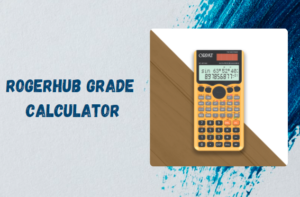

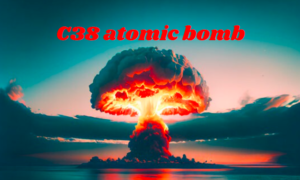




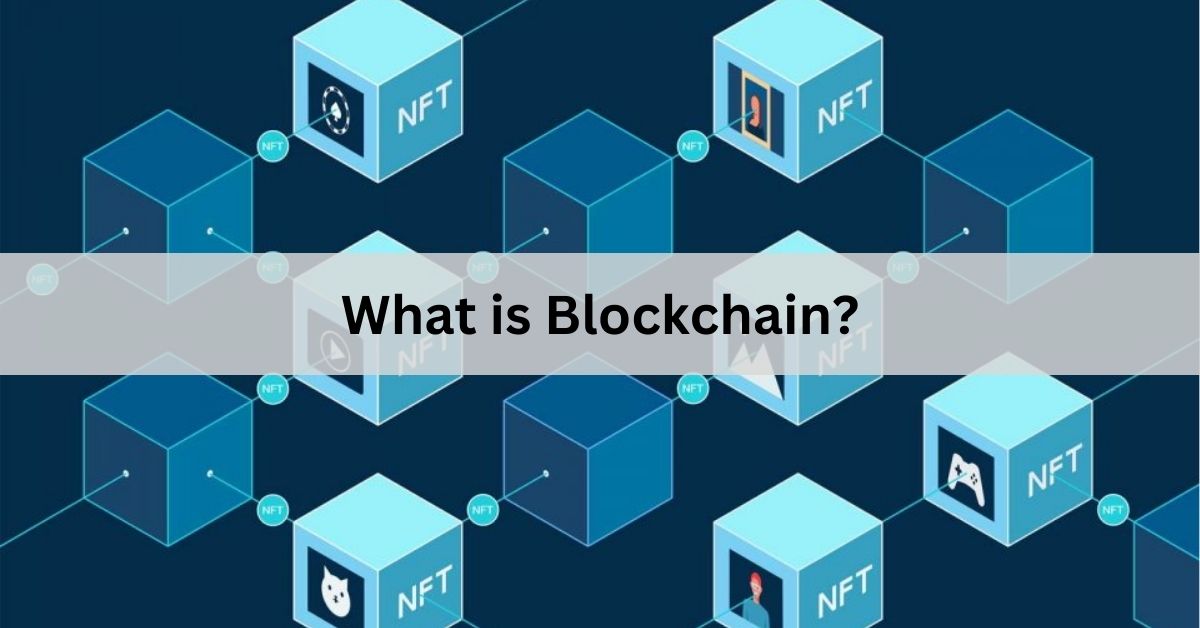
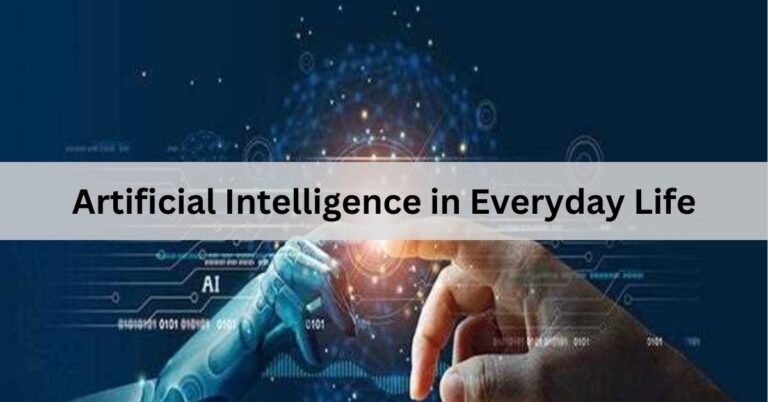








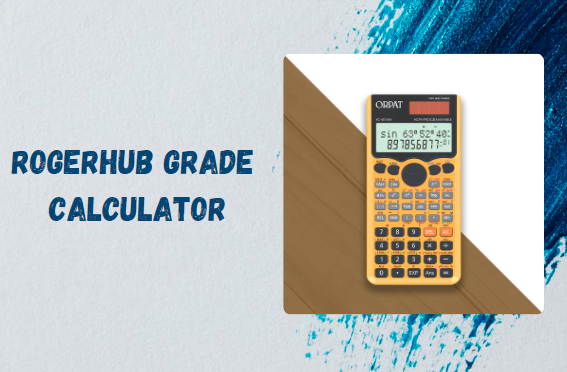

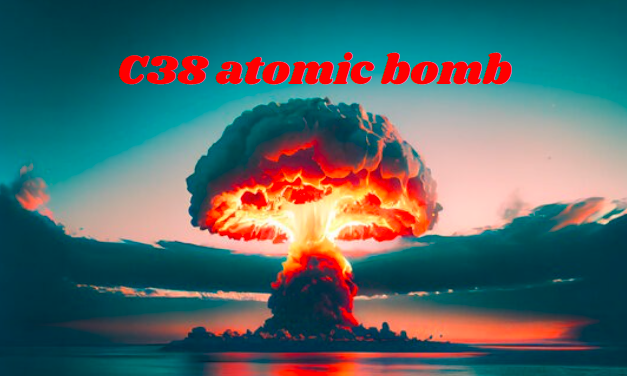

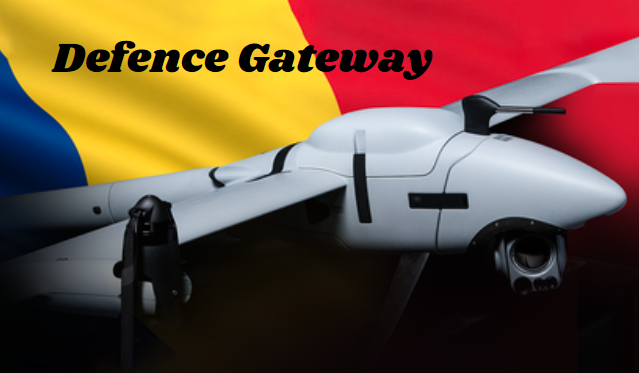
+ There are no comments
Add yours